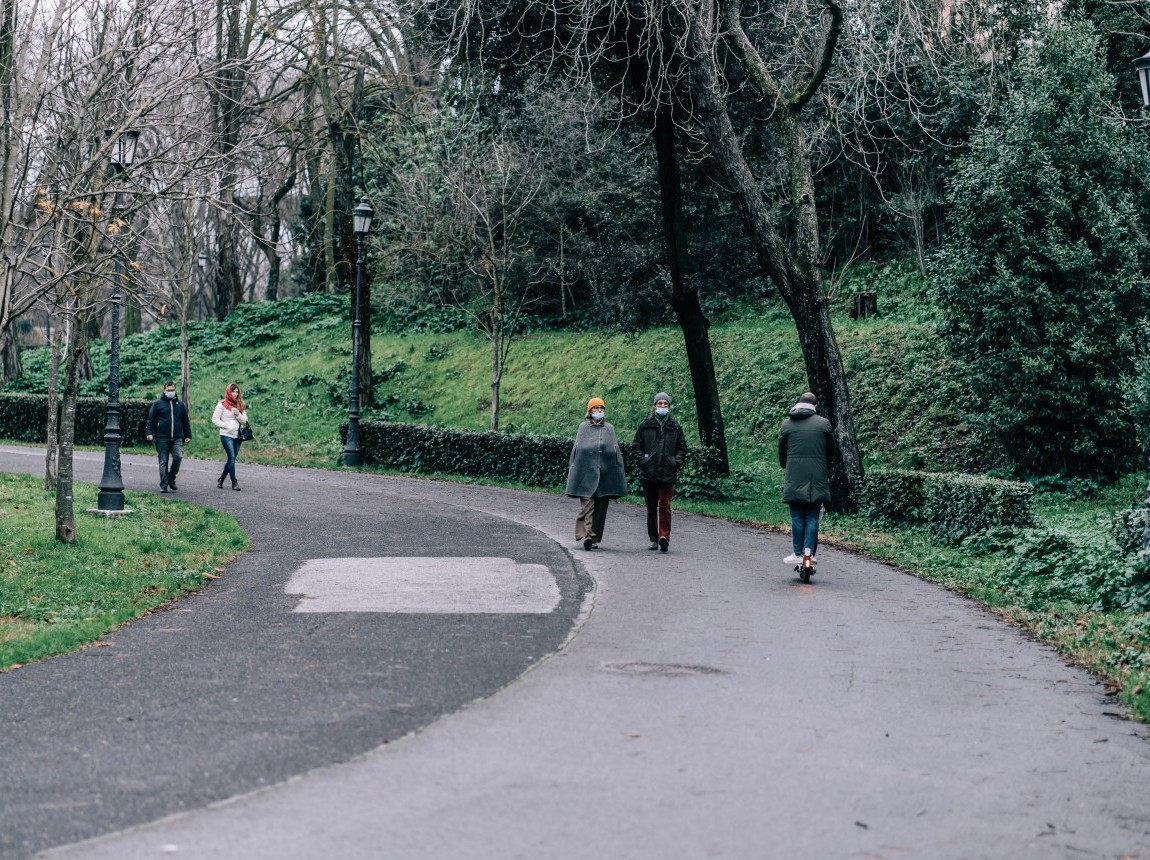UP Links 26 December 2012
+ Brandon Fuller
New York City’s Incarceration Rate
Virginia Postrel on the End of the Future
Clive Crook on Justin Lin’s New Book
Evan Soltas on Feasible Ways to Work on Climate Change
Will FDI in India be a Boon to Dalits? (hat tip: Chandrahas Choudhury)

